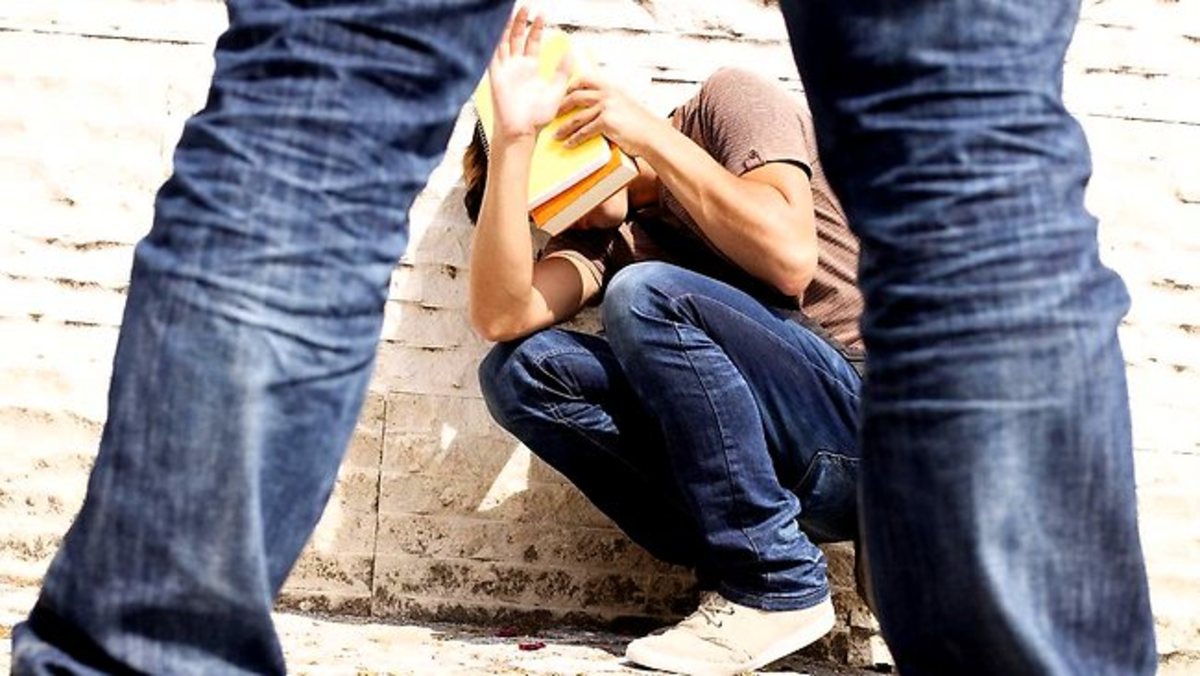Teen Talk: Girl Issues...
Teen Talk - Live
Chris is taking “Teen Talk” on the road. If you are a member of a parent group or responsible for finding engaging speakers for student or youth groups, please contact Chris at www.chrislincoln-speaker.com

Girl Issues...
When your middle school child comes home and complains about school, what on earth are you, the adult who just got the, " what are you going to do about it" look, actually going to do.
The most important thing is to listen.
Very carefully...
If the complaint centers around friends, or classmates, be aware that you are now standing in the middle of a minefield. The behavioral norm of this age group is to gather supporters for their cause. You are probably being gathered as well. There is no middle ground with an upset teen. You are either on their side, or supporting that bitch...(fill in the name here).
If this is the first such drama in your household, your every nerve will be raw, and the mama-bear reaction, barely restrained. Stay calm. This is a teen drama, and to the very best of your abilities, it should remain with the teens. If you can remain a combination of sounding board, and advice giver, there is a good chance you might survive. If you leap up and call that little bitch's mother, you are in for a world of hurt.
It is almost impossible, especially if you had a difficult middle school experience, not to project your hurts and frustrations from that period, into the equation. You most likely experienced, or witnessed, something similar in your day. It was probably never resolved, they very rarely are, and this may seem like your opportunity to re enter the fray as an adult; wiser, stronger, and not afraid. Resist the urge.
Remember when I said the most important thing is to listen? It may be the only thing you are expected to do. You may not even be asked for an answer, or a solution, as the complaint is not necessarily a call to action.
First, there is no way for you to know exactly what happened here. I have a great deal of experience with these social spats, and know that job one was to clear my calendar. This could take many hours, sometimes days, to get a handle on.
The truth, in any semblance of a version acceptable to an adult, is hard to find. There is as much twisting, maneuvering, and manipulating going on as in most political fights. Outright lying is common, even from normally honest and rational individuals, as they see the stakes as a, "to the death" matter.
Unless it is a case of outright bullying, both parties were probably heavily involved up to, and including, today's crisis point. (With bullying, there is a power imbalance, and, sadly, something that as a parent, you are actually unlikely to know about. Victims of bullying tend to remain silent, as they believe that any adult intervention will simply make it worse. This will be a future topic, as it seriously impacts the lives of so many young men and women, on a daily basis.)
If you are a patient person, with the time to fully hear your complainer out, the best method is as follows. Find a comfortable place to sit. Sit to the side of your child, not across from them. (Going out for a drive can be perfect as you are suitably distracted by having to drive, and your child can look forward, or at you, without the possibility of a face to face confrontation.) Do not sit across from each other at a table or desk, which can appear confrontational, sit next to, or at ninety degrees to, and share something to eat or drink.
Your child will want to relate the story from the last incident backwards. You would love to start at the beginning. You might be able to negotiate a small compromise. I would ask about all the things that happened today, back it up to this week's concerns, then step back in stages as best I could.
The teller will gloss over their level of involvement as a matter of course. Filter it through an adult’s sense of "most likely", but don't appear to siding with the protagonist. If something does not sound right, make a mental note to examine that later. Sadly, students who know they could be in trouble for escalating an incident into the arena where adults would, or should, get involved, can do a preemptive strike, and complain about the 'victim'. Even with twenty plus years experience of listening to teenage complaints, I am as easily misled as most with this approach.
If the complainer senses that you do not believe them, they will often up the ante. A, heretofore unmentioned, component is bought up, and in the effort to shock you back to his or her side, it is worse, or meaner, than the original complaint. Be careful, like newspapers, children lead with the headline, sensational and attention grabbing. They never bury the lead, suddenly remembering a more serious incident. It is unlikely that the “new” incident is real.
If you want to know who has already been gathered to your child's cause, ask who else saw or heard these things. The "witness list" is your child's support group. They can be mentioned, as they can be trusted. If you know the social group well, ask what the most independent child in the groups’ involvement would be in all of this. Some middle school children are mature enough to avoid the vast majority of the drama. (It is a tough stance to maintain, as the independents would be a major coup if you could get them in your camp, thus they are regularly pursued.)
Your child's reaction to the opinion of the independent onlooker can help you assess the validity of the complaint. A quick response of, "You should ask him, or her," shows a strong belief in your child's opinion that they are the victim here. "She doesn't like me," or, " she wouldn’t say," casts doubt on the story.
There is no rulebook. You have to listen with a discerning ear. You need to reassure your child that you love them. You do not, as I mentioned earlier, need to formulate an action plan. The reality is that these matters ebb and flow so quickly that it is almost a guarantee that you will say the wrong thing to the wrong person at the wrong time.
Then watch for any clues. Watch the interactions in social settings, check email and SMS (text) messages (discretely), and if you meet the other mom, or more rarely, dad, try to work in concert. A great opener is, "Have you noticed anything different in our girls relationship lately?" Be non-accusatory, and don't wreck any adult friendships on the basis of a teen drama. It is crucial that as adults we support each other.
Remember, the other child may well have gone home and said, " This girl at school hates me..."








